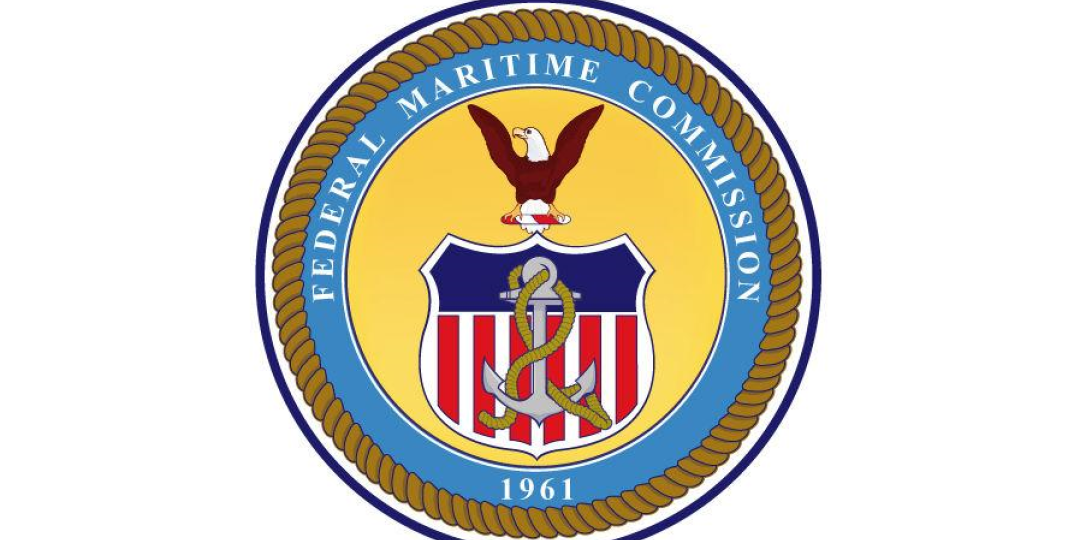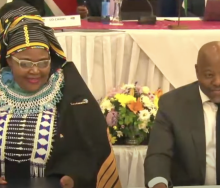While the International Longshoremen’s Association (ILA) may have reached a tentative deal with the United States Maritime Alliance to halt its port strike, shippers are already counting the costs of looming congestion delays
In a directive issued ahead of the strike, the Federal Maritime Commission (FMC) said it would provide consumer assistance, enforcement, and litigation services that individuals and companies could find helpful in seeking relief from supply chain challenges.
“The Office of Consumer Affairs and Dispute Resolution Services (CADRS) can act as a facilitator to resolve business disputes or help identify solutions to some situations where the flow of cargo is interrupted. CADRS specialises in achieving amicable solutions to immediate problems whenever possible and can serve as a resource for parties uncertain how to resolve issues with ocean shipments,” the Commission says.
Individuals who believe they have been improperly invoiced for any charges, including detention and demurrage (D&D), can file a Charge Complaint with the Commission and have their claim rapidly reviewed. This provides a quicker, less formal way to challenge a bill.
Parties seeking monetary damages and compensation for a dispute with a common carrier or marine terminal operator (MTO) can file a formal claim that will be heard by an Administrative Law Judge or a Small Claims Officer. Disputes must be related to statutes the Commission administers, such as those involving D&D and the Shipping Act.
The Bureau of Enforcement, Investigations, and Compliance will review any allegations that conduct of a common carrier or MTO has violated Commission statutes and regulations.
It issued an advisory to all regulated entities on September 23 reminding them that they were bound to comply with all Commission-administered statutes and regulations.
Common carriers and MTOs must comply with all statutory and regulatory requirements, including rules governing tariffs, service contracts, MTO schedules, the application of and invoicing for D&D, and all other fees and surcharges assessed.
Demurrage, detention, and all other fees and surcharges must be reasonable, clearly defined, and serve a specific measurable purpose, says the FMC. “As a reminder, notice of common carrier and MTO fees and surcharges must be given at least 30 days prior to taking effect.”
FMC regulations require that D&D fees serve as legitimate financial incentives to encourage cargo movement. In light of these requirements, the Commission has vowed to scrutinise any D&D charges assessed during terminal closures.
Parties who believe a common carrier or MTO has violated a statutory or regulatory requirement, particularly as it relates to the application of D&D charges, are encouraged to report that conduct to the Commission.
The FMC has vowed to prosecute any violations of the law to the fullest extent permitted.













